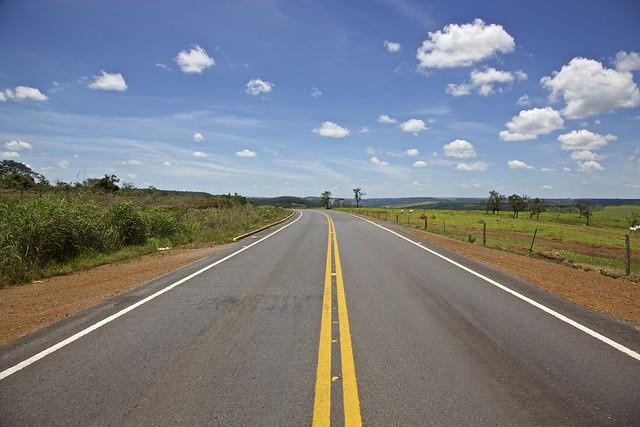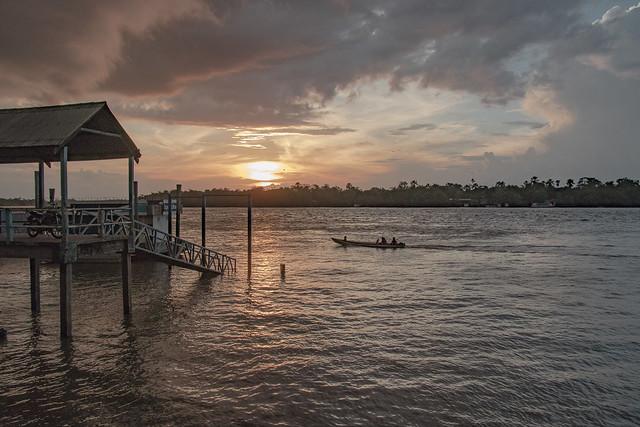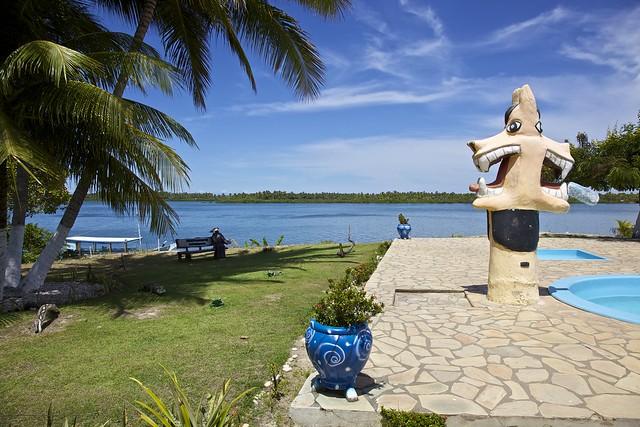Uauá
Overview
Location and Geography
Uauá is a quaint municipality located in the northeastern state of Bahia, Brazil. Nestled in the semi-arid region known as the Sertão, Uauá is characterized by its rugged landscapes, dotted with caatinga vegetation, which consists of thorny shrubs and cacti. The city is situated at an elevation of about 600 meters (1,969 feet) above sea level, providing visitors with a unique vantage point to observe the vast stretches of the Brazilian hinterland. The climate here is predominantly dry, with a tropical savanna feel, making it an intriguing destination for those interested in experiencing the contrasts of Brazil's geography.
Cultural Heritage and Traditions
Uauá boasts a rich cultural tapestry woven from its indigenous roots, African influences, and colonial history. The city is known for its vibrant festivals, particularly the traditional Festa de São João, celebrated in June. This festival showcases the region’s folk music, dance, and culinary delights, creating a lively atmosphere filled with forró music and colorful decorations. Visitors can immerse themselves in local customs, such as the preparation of traditional dishes like "carne de sol" (sun-dried beef) and "festa junina" sweets, which are integral to the community's identity. The warmth and hospitality of the locals enhance the experience, making travelers feel welcomed and engaged.
Historical Significance
Founded in the 18th century, Uauá has a historical significance that resonates through its colonial architecture and local narratives. The city played a vital role during Brazil's period of economic expansion, particularly in the production and trade of cotton and tobacco. The remnants of this history can still be seen in the charming streets lined with colonial-style houses and the iconic Igreja Matriz de São Sebastião, a beautiful church that stands as a testament to the city’s religious heritage. Exploring these historical sites allows visitors to step back in time and appreciate the evolution of this region.
Local Characteristics and Economy
The economy of Uauá is primarily based on agriculture and livestock, with many local families engaged in subsistence farming. The region is known for its production of traditional crops like manioc, corn, and beans, which form the basis of local cuisine. Additionally, Uauá is famous for its artisanal crafts, particularly woven textiles and pottery, which reflect the creativity and skill of the local artisans. Markets in the city often feature these handmade goods, providing a perfect opportunity for travelers to purchase authentic souvenirs while supporting the local economy.
Natural Attractions
Surrounding Uauá, the landscapes are breathtaking, featuring rolling hills and natural reserves that are perfect for outdoor enthusiasts. The nearby Parque Nacional da Serra da Capivara is a UNESCO World Heritage Site, famous for its prehistoric rock art and unique biodiversity. Hiking trails and guided tours are available for those looking to explore this fascinating area, showcasing the region's natural beauty. Birdwatchers will also find a diverse range of avian species, making it an ideal destination for nature lovers.
Conclusion
In essence, Uauá is a hidden gem that offers travelers a unique glimpse into the heart of Brazil’s northeastern culture and history. With its rich traditions, historical significance, and stunning natural landscapes, the city invites exploration and appreciation. Whether you're savoring local delicacies, dancing to forró music, or hiking through breathtaking parks, Uauá promises an enriching experience that goes beyond the typical tourist path.
Other towns or cities you may like in Brazil
Explore other cities that share similar charm and attractions.





